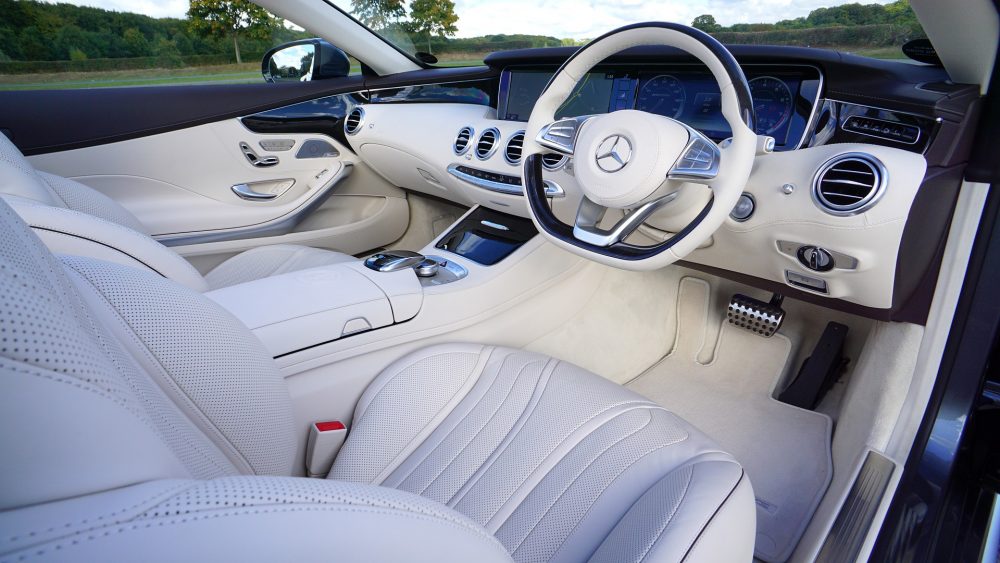Growing inflation is one of the most serious issues that car buyers and dealers are facing today. Many industries are having major problems due to rising inflation, and the car industry is no exception. Rising costs for manufacturers invariably means that money has to come from somewhere. Usually, the consumer is the one who ends up paying for it through increased prices. As a result, the cost of auto finance also goes up.
What is Causing Inflation in the Car Industry?
Safety Regulations
This rising inflation within the car industry is not just caused by the costs of materials and inflating currencies. Constantly updated safety regulations inflicted on the car industry are making cars more expensive to produce. Governments and Health and Safety boards claim that these regulations actually save thousands of lives each year. Although, many people dispute these numbers.
Emission Limits
New emission limits increase costs even further. Emission limits are passed in order to reduce CO2 emissions. Despite the fact that passenger vehicles are generally safer and greener, the big picture hasn’t changed much; millions of people are dying in car accidents every year, and transport is still the biggest contributor of human-generated CO2 emissions worldwide. Some states have responded by adding even stricter regulation. California Governor Gavin Newsom recently signed an executive order that would ban the sale of gas vehicles by the year 2035. As we have covered, this will lead to a lot of research and development costs being added to new car prices. This will come alongside more expensive repairs that are typically seen with electric vehicles.
Fuel Economy Standards
Fuel economy standards are another “green” policy that leaves a lot less “green” in customer’s pockets. Independent industry analysts in the US have stated in a report that strict new fuel economy standards in the US could damage the US car industry by pushing up costs too rapidly. At present in the US car manufacturers were expected to achieve a fuel economy average of 35mpg by 2020. While this may not seem like much to somebody who likes buying smaller commuter cars, this average also includes larger trucks and SUVs. This often leads to car manufacturers putting turbochargers in cars to reduce the need for big 6-and-8-cylinder engines. The combination of turbochargers and undersized engines is a recipe for disaster. Both cause these engines to wear down faster than usual, leading to more frequent repair bills.
What Higher Inflation Means for Consumers
Longer Time of Ownership
As a result of rising car prices and the higher cost of finance, it is likely that consumers will keep their vehicles for a longer period of time. This may make sense for the buyer, as quality modern cars are built to high standards and have a pretty solid life span. Although, it can also be a detriment to those who don’t buy quality. Budget brands like Kia, Hyundai, Chrysler, and Nissan often come with harsh depreciation and rampant reliability issues. This means that people will end up owing more than their car is worth for a good portion of their loan. It also means that they will be paying for more repairs in the meantime. After their warranty ends, these buyers may even get stuck paying for a car that doesn’t even run!
Taking the “Economy” out of “Economy Cars”
Another consequence is that many once-cheap cars will move up in price. This has been witnessed in parts of Europe already. It is expected that many new cheap cars will enter the market, built in Asia, where labor costs are lower. Manufacturing in the west will suffer as a result. Countries such as India, China, Russia and Brazil are just beginning their automotive ages and they’re ramping up the production capacities.
Higher Finance Rates and Longer Terms
Higher base prices aren’t the only thing that will raise the price of auto finance. With more manufacturer’s offering in-house financing, rates are often used to add money to a deal. Dealers often conceal interest rates by manipulating the base price, but that doesn’t change the fact that they will go up alongside higher costs. This is because an interest rate is an easy way for a manufacturer to shift the blame of high prices onto the consumer. It also allows them to mask the fact that the price of the car is higher than the customer wants. Longer finance terms are another sneaky way to sell a customer on a lower monthly payment. The issue is, the customer ends up staying in debt longer, and owing thousands more by the end of the term.
In Summary
Unfortunately, the unavoidable consequence is likely higher costs for the consumer. The car industry is facing many challenges, with inflation perhaps being the greatest. Increased costs need to be passed on somewhere. The consumer will bare the brunt of these increased costs through higher prices and more expensive rates of car finance.
Read More:
- My Best Starter Rewards Credit Cards
- How Do You Stay Relevant and Keep Up With Industry Trends?
- Financial Mistakes That Will Make You Poor

Trey LaRocca is a freelance writer, financial sales worker, and tech guy. When he isn’t out and about or at work, he’s usually at home enjoying some video games and a beer. Currently residing in Newport Beach, this California Kid can be found at the beach on any given weekend. Trey has years of experience in day/swing trading, financial analytics, and sales.


